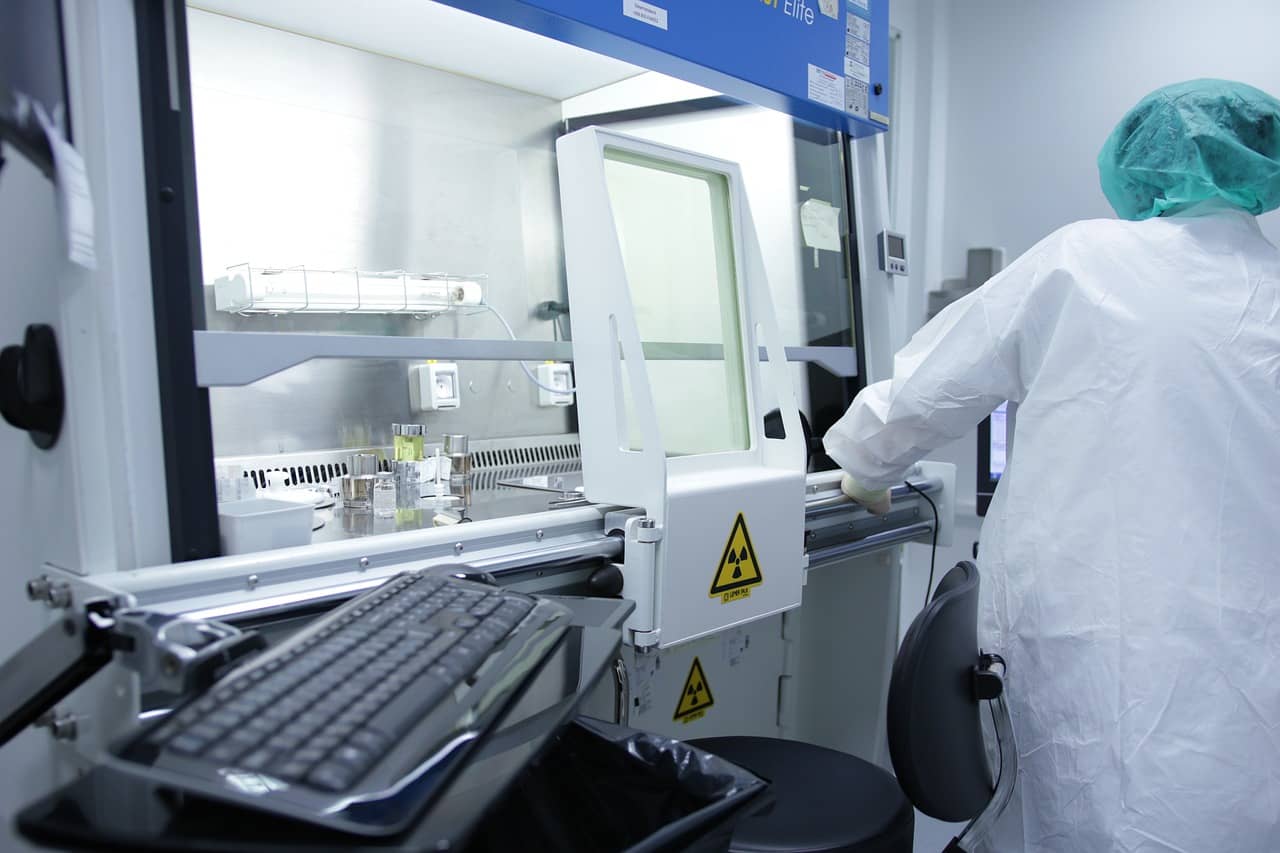Choosing between B.Tech Biotechnology and B.Pharm (Bachelor of Pharmacy) is a common dilemma for students interested in life sciences, healthcare, and pharmaceuticals. Both fields offer exciting career opportunities, but which one provides better job prospects and stability?
In this blog post, we’ll compare B.Tech Biotechnology vs. B.Pharm in terms of employment potential, industry demand, salary prospects, and career growth to help you make the right choice.

📌 Understanding Both Courses
🔬 What is B.Tech in Biotechnology?
B.Tech Biotechnology integrates biology, chemistry, and engineering principles to develop solutions in healthcare, agriculture, pharmaceuticals, and environmental sectors.
✔ Focuses on genetic engineering, bioinformatics, bioprocess engineering, and molecular biology.
✔ Used in biopharma, vaccine development, genetic testing, industrial biotech, and AI-driven biotech research.
💊 What is B.Pharm (Bachelor of Pharmacy)?
B.Pharm focuses on drug formulation, clinical pharmacology, medicinal chemistry, and patient care.
✔ Covers pharmacology, pharmaceutical technology, toxicology, and regulatory affairs.
✔ Leads to careers in pharma production, clinical research, regulatory agencies, and hospital pharmacy.
📈 Employment Opportunities & Industry Demand
👨🔬 Job Prospects After B.Tech Biotechnology
✅ Industries Hiring:
- Biopharmaceuticals & Drug Discovery
- Genetic Engineering & CRISPR Research
- Industrial Biotechnology (Biofuels, Bioplastics, Fermentation)
- Agriculture & Food Biotechnology
- AI-driven Computational Biology & Bioinformatics
✅ Top Job Roles:
- Biotech Engineer – Working in R&D, process development.
- Bioinformatics Analyst – AI & computational biology expert.
- Genetic Engineer – CRISPR & DNA sequencing applications.
- Biomedical Scientist – Stem cell & regenerative medicine research.
- Bioprocess Engineer – Manufacturing of bio-based products.
🚀 Job Scope:
- Jobs are highly research-oriented, requiring skills in genetics, AI-biology, and bioinformatics.
- More opportunities with a Master’s or PhD rather than just a B.Tech.
- Biotech startups and multinational companies are growing but demand technical expertise.
💼 Job Prospects After B.Pharm
✅ Industries Hiring:
- Pharmaceutical Manufacturing & R&D
- Clinical & Hospital Pharmacy
- Regulatory Agencies (FDA, WHO, CDSCO)
- Pharmacovigilance & Medical Writing
- Pharma Sales & Marketing
✅ Top Job Roles:
- Pharmacist – Retail, hospital, and clinical pharmacy.
- Regulatory Affairs Officer – Government & pharma regulatory roles.
- Clinical Research Associate – Drug trials & research.
- Quality Control Analyst – Ensuring drug quality & safety.
- Pharmaceutical Sales Representative – Marketing & selling drugs.
🚀 Job Scope:
- Easier job placement compared to B.Tech Biotech in pharmacy chains, pharma production, and regulatory affairs.
- High demand for registered pharmacists in hospitals & retail.
- Stable career growth in pharma-related sectors.
💰 Salary Comparison
| Factor | B.Tech Biotechnology | B.Pharm |
|---|---|---|
| Entry-Level Salary | ₹3-6 LPA | ₹3-5 LPA |
| Mid-Career Salary | ₹6-12 LPA | ₹5-10 LPA |
| Higher Studies Required? | Recommended (M.Tech, PhD for R&D roles) | Optional (M.Pharm for specialization) |
| Industry Growth | Growing but research-focused | Stable and well-established |
| Entrepreneurship Scope | High (Biotech startups, Genetic Testing) | High (Pharmacy, Drug Manufacturing) |
🎓 Higher Education & Career Growth
After B.Tech Biotechnology:
✔ M.Tech Biotechnology / M.Sc in Life Sciences – Specialization in bioinformatics, genetics, or industrial biotech.
✔ MBA in Healthcare / Pharma Management – For management roles in biotech industries.
✔ PhD in Biotechnology / Genetic Engineering – Essential for R&D and advanced research positions.
After B.Pharm:
✔ M.Pharm (Specializations: Pharmacology, Pharmaceutics, Regulatory Affairs) – Advanced roles in pharma R&D and production.
✔ MBA in Pharma & Healthcare Management – Entering pharma business and regulatory careers.
✔ Pharm.D (Doctor of Pharmacy) – Clinical pharmacist career in hospitals and healthcare.
🏆 Which Course is More Employment-Friendly?
| Factor | B.Tech Biotechnology | B.Pharm |
|---|---|---|
| Job Availability | Limited at B.Tech level; better with a Master’s | High, with direct jobs in pharma & regulatory fields |
| Industry Demand | Competitive; mostly R&D-focused | Pharma industry is well-established with stable demand |
| Salary Growth | High for research & biotech engineering roles | Moderate but stable |
| Entrepreneurship Potential | Startups in biotech, genetics & AI-biotech | Pharmacy chains, drug manufacturing, pharma marketing |
| Job Security | Dependent on research funding & biotech firms | High, with roles in hospitals, pharma production, and sales |
🌟 Final Verdict: Which One Should You Choose?
✅ Choose B.Tech Biotechnology if:
- You are passionate about research, genetics, computational biology, or industrial biotech.
- You are willing to pursue higher education (M.Tech, PhD) for advanced roles.
- You want to work in biopharma, AI-driven biology, genetic engineering, or bioinformatics.
✅ Choose B.Pharm if:
- You want direct job opportunities after graduation.
- You are interested in pharmaceutical production, drug regulation, or hospital pharmacy.
- You want a stable career with opportunities in pharma sales, marketing, or clinical pharmacy.
🚀 Final Takeaway:
If you’re looking for stable job opportunities right after graduation, B.Pharm is a more employment-friendly option. However, if you are interested in high-tech, research-driven fields, B.Tech Biotechnology offers greater salary potential and future opportunities, especially with a Master’s or PhD.
🤔 Your Turn: What’s Your Interest?
Are you more inclined towards biotech research & innovation, or do you prefer a stable career in pharmaceuticals?
📌 Follow us for more career insights in Biotech, Pharma, and Healthcare!
#Biotechnology #BPharm #CareerAdvice #BiotechVsPharma #JobOpportunities #STEMCareers #PharmaceuticalIndustry


Leave a Reply